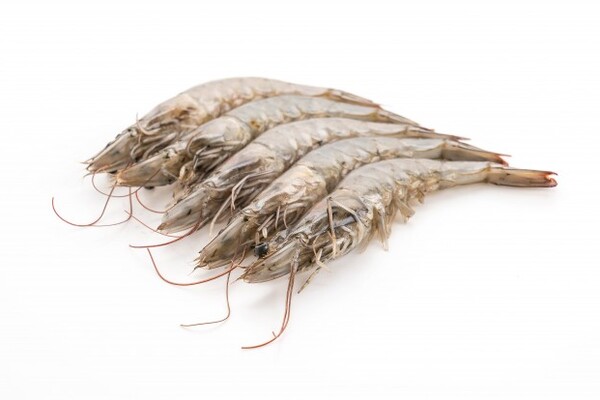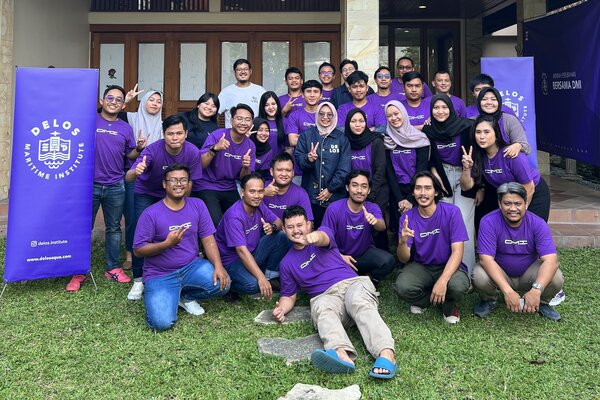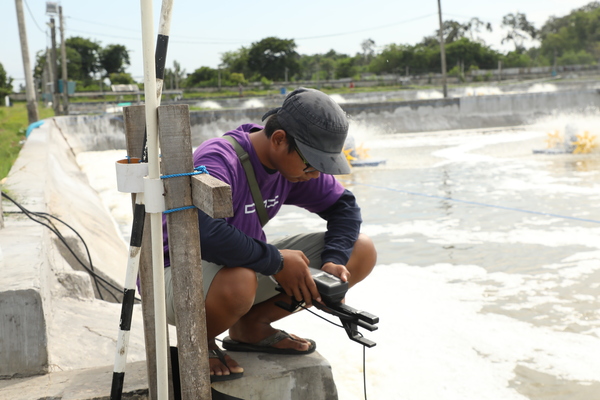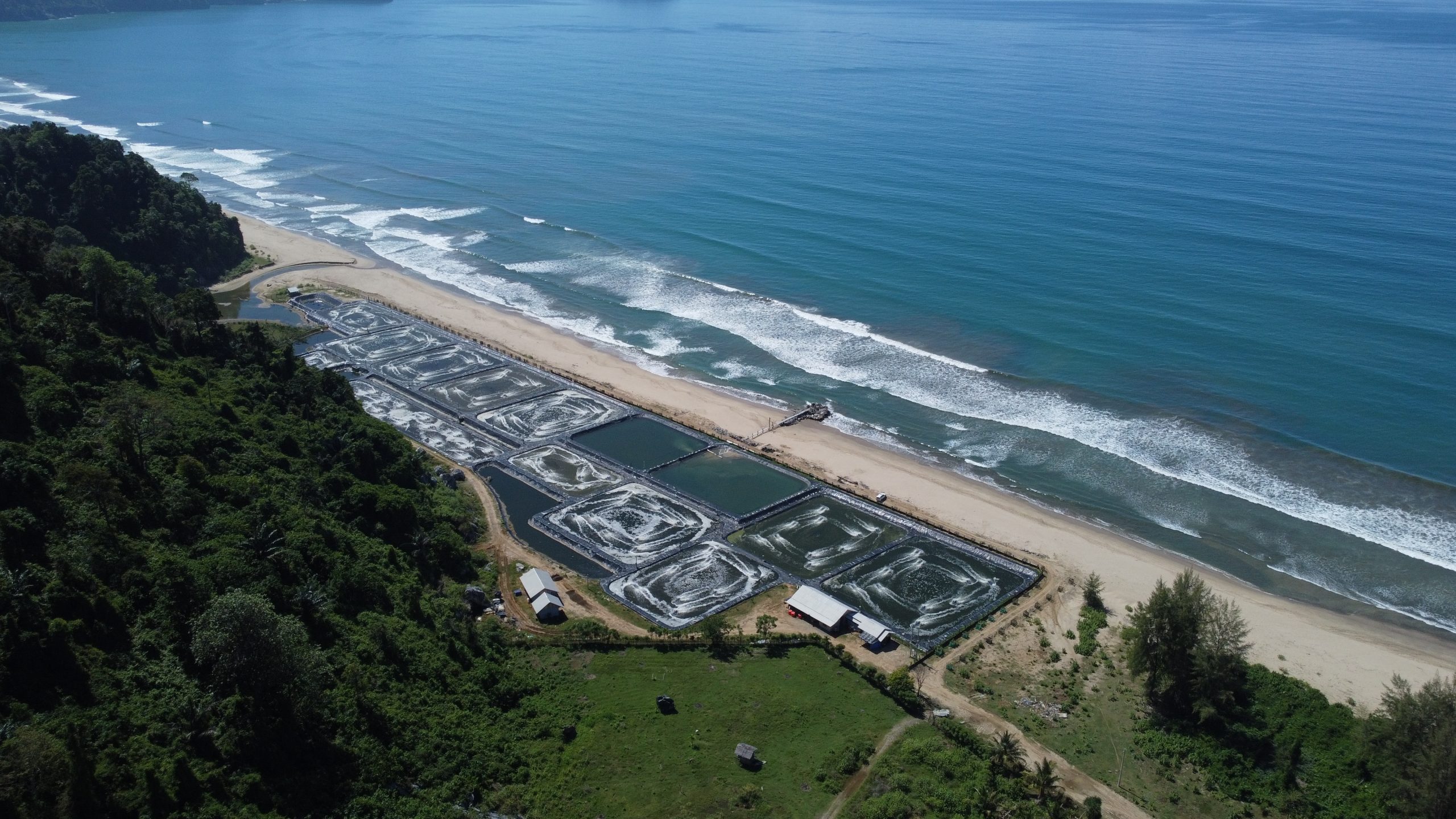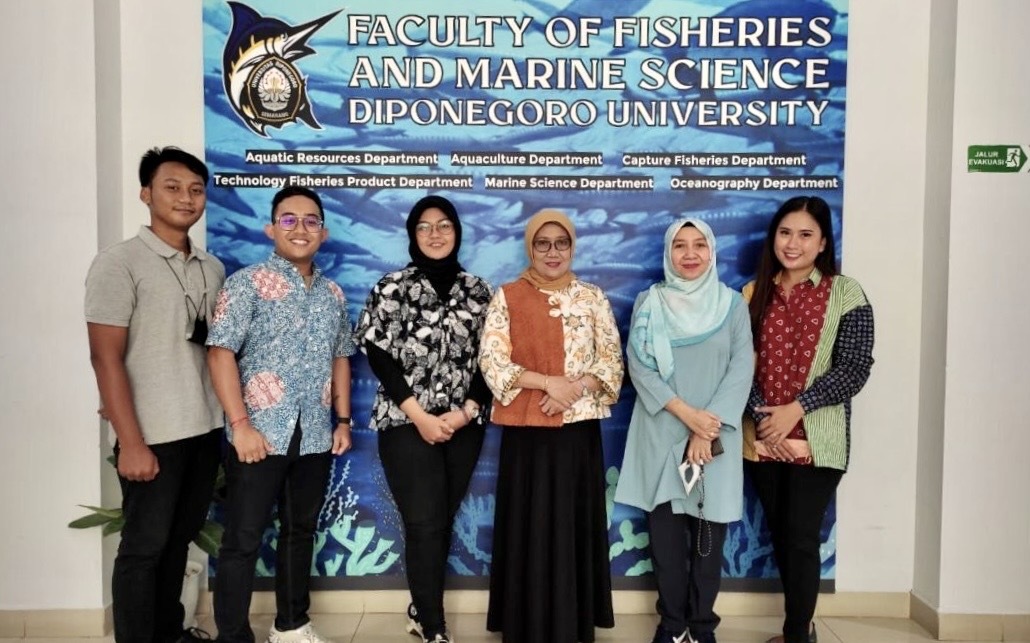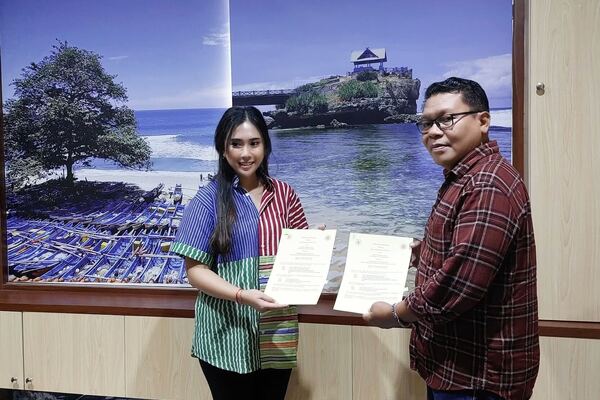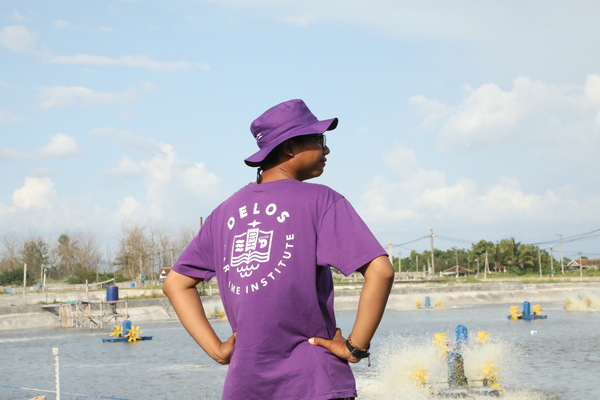Get to Know Vibrio Bacteria in Vaname Shrimp As the Cause of Various Diseases
The attack of vibrio bacteria in vannamei shrimp is one of the obstacles that you might face when carrying out vannamei shrimp farming activities. Vibriosis is a disease caused by the bacterium Vibrio sp. and can cause death up to 100% in the larval or juvenile stages.
Several types of vibrio bacteria often found in shrimp ponds include Vibrio harveyi, Vibrio parahaemolyticus, Vibrio alginoslyticus, Vibrio anguillarum, Vibrio vulnificus, and Vibrio splendidus.
Therefore farmers need to detect the presence of this bacteria as early as possible. This is done to minimize the risks that the farmers may face.
Also Read: What is Covert Mortality Nodavirus (CMNV) which Can Attack Vannamei Shrimp?
What is Vibrio in Vannamei Shrimp?
Vibriosis is a disease caused by an attack of vibrio bacteria in vannamei shrimp. In addition to vibriosis, the bacterium Vibrio sp. can also cause Acute Hepatopancreatic Necrosis Disease (AHPND) and White Feces Disease (WFD).
Several types of vibrio bacteria often found in shrimp ponds include Vibrio harveyi, Vibrio parahaemolyticus, Vibrio alginoslyticus, Vibrio anguillarum, Vibrio vulnificus, and Vibrio splendidus.
Also Read: Get to Know Myo IMNV Disease in Vannamei Shrimp and Its Characteristics
Contamination and Spread of Vibrio Bacteria in Vannamei Shrimp Ponds
As one of the fisheries commodities whose production continues to increase yearly, vannamei shrimp are economically able to contribute up to 33.1% in export value.
What’s more, with an intensive cultivation system, the productivity of shrimp ponds can experience a significant increase. But on the other hand, intensive cultivation systems can cause a decrease in water quality which can cause disease attacks, one of which is vibriosis.
The presence of Vibrio sp bacteria in waters is usually affected by poor physical and chemical parameters. Starting from the high pond water temperature, there is too much organic waste sediment deposition to the water salinity that is too high.
However, the contamination and development of vibrio bacteria in vannamei shrimp can be reduced in several ways, such as by using chemicals according to standards to kill bacteria.
Also Read: Recognize 7 Characteristics of AHPND Disease in Vannamei Shrimp Before It’s Too Late
Sustainable Vannamei Shrimp Cultivation with DELOS!
When carrying out aquaculture cultivation, it is essential to realize that bacteria are everywhere, including Vibrio bacteria in vannamei shrimp. Because basically, there are types of bacteria that are important for ecological stability and ecosystem sustainability.
However, some bacteria have a negative impact where their presence can trigger stress on the shrimp to diseases that cause mass death. Therefore, farmers need to manage their shrimp ponds properly and sustainably.
If you want to realize proper and sustainable pond management, DELOS can be your right partner choice. DELOS is the best science, technology, and operational management-based aqua-tech company that can help you explore new opportunities in the aquaculture field.
To start partnering with DELOS, contact contact@delosaqua.com or submit via the contact column on our website www.delosaqua.com. Trust your shrimp pond management to DELOS!
